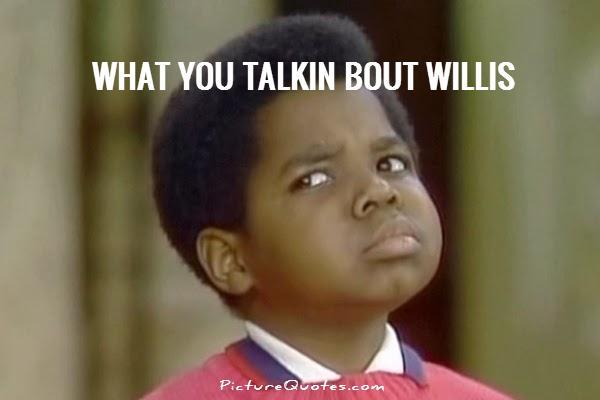Proof Your Teacher Evaluation is Meaningless


It’s bad enough that part of teachers’ evaluations are based on student growth. This growth, usually based on just a few poorly designed assessments and for which students are not personally held accountable, can be affected by a number of factors completely outside the control of the teacher, such as student attendance, motivation, technical issues, and whether or not a kid remembered his glasses or whether or not mom remembered his medication on the critical day.
But even more egregious is that a large percentage of a teacher’s evaluation comes from administrator observations.
A principal is given a huge checklist of “best practices,” and is supposed to assess the teacher in real-time on each of them. They might do this a couple of times each year. Of the more than 1,000 hours that teachers do their jobs in a year, their evaluation may rest on just 80 minutes of observed teaching. In other words, a teacher’s entire year is judged on about one-tenth of one percent of her efforts.
That’s not the worst of it. Because in the case of observations, it’s not what districts are doing that proves teacher evaluations are meaningless. It’s what districts are not doing.
What Districts Won’t and Never Will Do
See if you can imagine your district doing the following:
On a day in May, say a week or two before you are to receive your end-of-year evaluation, the entire staff is invited to a one-hour professional development session. The topic is “Why Your Teacher Evaluation is Credible.” You all gather inside the high school auditorium. A huge Proof Your Teacher Evaluation is Meaningless - Teacher Habits:
